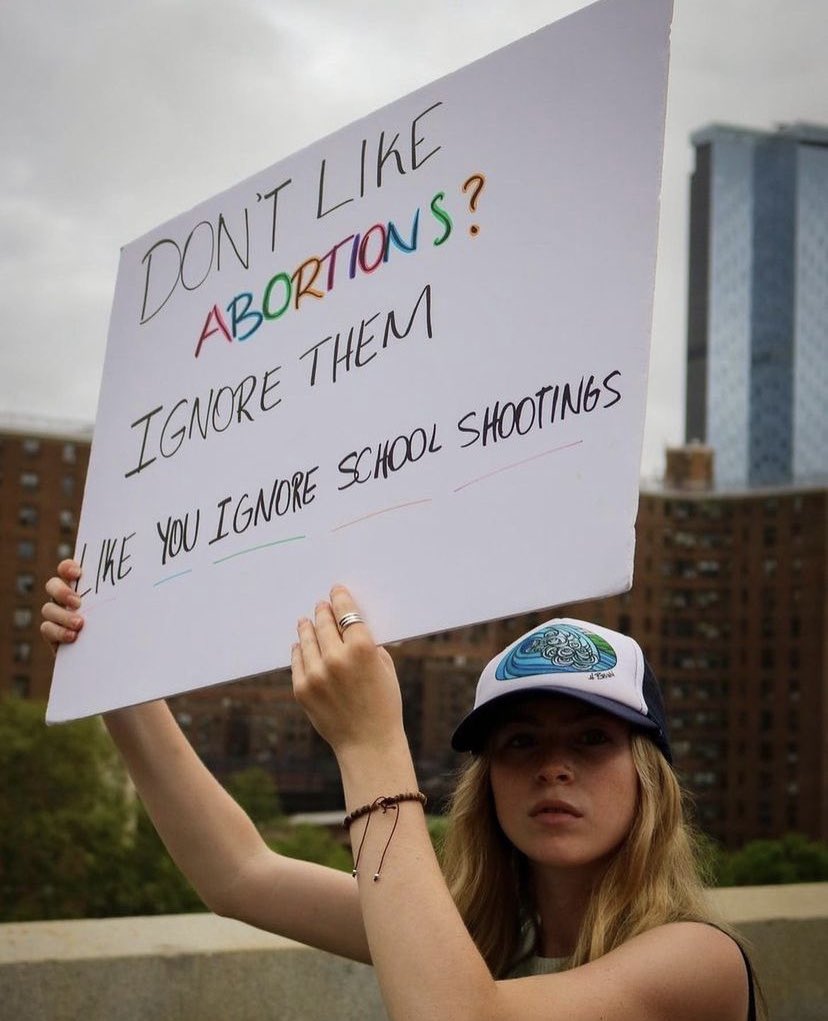One year to the day after musing about the diet of fireflies, I am awash in bitter thoughts in the aftermath of Roe v. Wade being overturned by the U.S. Supreme Catholic Court.

via Twitter – @WUTanKids
Yes, just days before, the USSCC threw out reasonable gun regulation on behalf of a mythical right to personally carry firearms just about anywhere in public (just not near the homes of USSCC judges).


“The GOP’s America: the nation of gun care and health control.” [@GavinNewsom]
“For me, the word that comes to mind is arrogance. Supreme arrogance.”—Bret Stephens, conservative columnist [NYTimes, 2022.06.27]
And today, the USSCC says a public school employee is allowed to lead his team in prayer at midfield after a football game. If that isn’t the use of public funds to promote religion, I don’t know what is. [NYTimes, 2022.06.27]
Not to beat a dead horse, but: why is it so hard for supposedly educated USSCC members to understand what a collective noun is? In many, many instances, the Founders used the word “people” (as in “The People”). It is clear they were not talking about individuals. They certainly knew the word “person.” Granted, at times they seemed to be referring to an undifferentiated mass of persons; often they were talking about assemblages of representatives of the broader collection of citizens—“the people” in the sense of a self-governing group.
In any case, it is clear to anyone who understands English the entity given the “right to keep and bear Arms” in the Second Amendment is a collective entity, not an individual. This is reinforced by the introductory clause: “A well regulated Militia, being necessary to the security of a free State …” Another collective noun: militia. The Founders could have said “the right of any person to keep and bear Arms …” They did not. “People” is coexetensive with “a free State”: the federal government cannot prevent the People of a free State from forming a militia, which would logically be permitted to keep and use arms under the control of (i.e., regulation by) the State.
Warren Burger, Chief Justice of the Supreme Court, could not have been more blunt when he said the Second Amendment “has been the subject of one of the biggest pieces of fraud—I repeat the word fraud—on the American public by special interest groups that I have ever seen in my lifetime.” He specifically pointed out the significance of the opening clause and how it modifies what follows.
So there was a time, children, when a Supreme Court justice understood English.